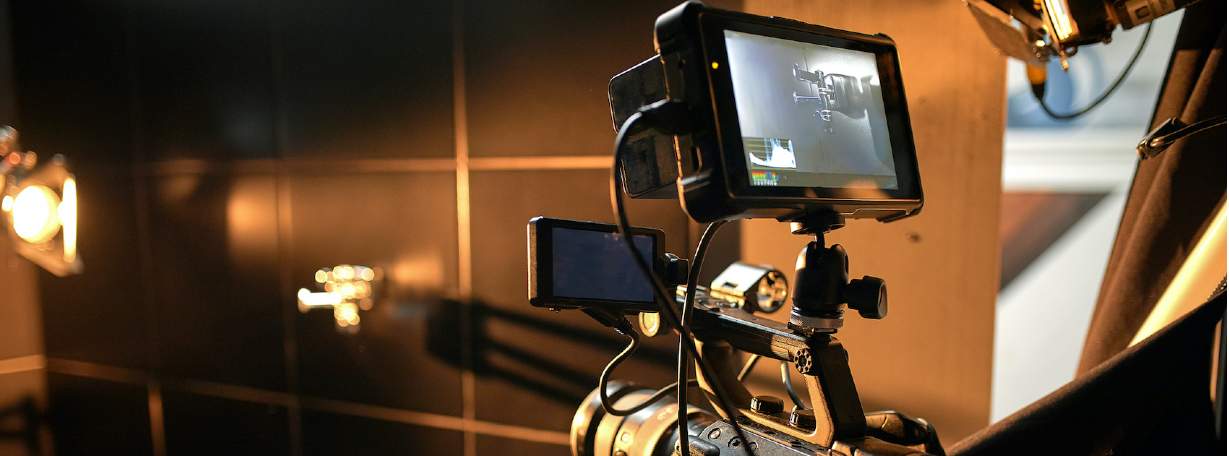Film location work may be lucrative but it does require a degree of effort and preparation. As the stars of the big screen celebrate success at this year’s Oscars, we look at how to maximise the chances of your property or site landing a leading role – and what to do if it does. And remember, first impressions really count as your property will be one of hundreds so you will need to make it stand out from the crowd.
Here are our tops tips for a successful signing:
- Understand what you are getting into. There are different scales of production, from small-scale photo shoots with five people to feature films with a cast and crew of 300 people who could be in situ for a few months. Decide how much interference and potential upheaval you are prepared to put up with.
- If you decide to promote your property or site take lots of images inside and out and include any interesting features that are visually appealing.
- Be aware that location managers and directors may visit numerous times before making a decision and on occasion may return months later and even then may not choose a location.
- Check that there are no reasons why you cannot legally hire out the site. For example, there may be a clause in the head lease or a local neighbourhood association stipulation that forbids it.
- You must decide what you will accept for a fee, including the cost of the disturbance to the daily operations if relevant such as closure to visitors or cancellation of other events. Be prepared to undertake negotiations for agreeing the final fee. It’s also worth noting the fee for the preparation and strike days (before and after filming) is lower.
- Be very clear about rooms or areas that are off limits and make sure this is documented for the location manager. Similarly, take your own photographs of the property or site that clearly show the condition, including noting any existing damage prior to filming taking place. An efficient set decorator’s team or location manager’s team will do the same. Also remove any items of high value and or of personal significance.
- Before filming starts make sure the production company provides evidence of its public liability insurance and that you have a written contract. Occasionally you may need to sign a nondisclosure agreement.
- The production company will need to complete and provide a suitable and sufficient risk assessment in advance, ensuring that appropriate standards of health and safety are maintained throughout the production process. More guidance, including the latest Covid-19 protocols, is available from APA (commercials), BFC (TV drama and features), PACT and Film London.
Further information
Contact Imogen Bliss or Simon Foster
Savills Tourism, Leisure & Events or Savills Location Agency Services
Read more: The opportunities of filming post-lockdown are stronger than ever for rural locations

.jpg)

.jpg)
.jpg)
.jpg)




